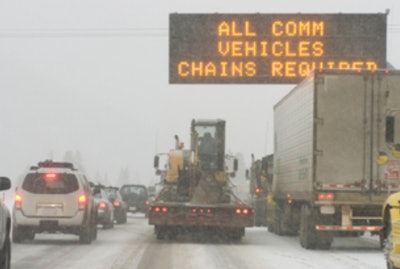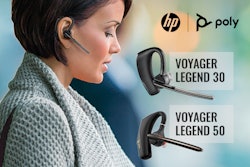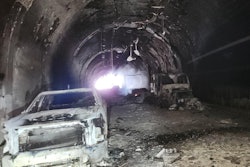
A bill has been introduced in the Colorado legislature that would allow roadside businesses to install and remove chains or other traction devices on the tires of vehicles for a fee.
The bill introduced by Republican state Senator Marc Catlin would allows the Coloradio Department of Transportation to issue permits for businesses to provide chain installation and removal services.
CDOT may charge a fee to issue a permit to an applicant, according to the legislation. The fee must be set in an amount to offset the direct and indirect costs of issuing these permits.
The department will adopt rules to implement the bill. The rules must include:
- The procedures for issuing a permit and the qualifications to be issued a permit
- A requirement that the individuals installing tire chains or alternate traction devices wear reflective clothing and use appropriate signs and traffic control devices.
The legislation comes in response to the mandatory chain law the state enacted last year. The law requires trucks over 16,000 pounds to carry four snow chains or similar traction devices if they are traveling on:
- I-70 west of milepost 259 (Morrison)
- Colorado Hwy 9 milepost 63 to milepost 97 (Frisco to Fairplay)
- Route 40 west of milepost 256 (Empire)
- US Route 50 west of milepost 225 (Salida)
- US Route 160 west of milepost 250 (Morrison)
- US Route 550 from milepost 0 to 130 (State line south of Durango to Montrose)
Colorado law requires all commercial motor vehicles must carry chains from Sept. 1 to May 31. This includes:
- Straight Trucks: 4 tire chains, 4 AutoSocks, 4 tire cables 0.415 diameters or greater, auto chains, or sanders.
- Single Drive Axle Combinations: 4 tire chains, 4 AutoSocks, auto chains, or sanders. No cables are allowed.
- Tandem Drive Axle Combinations: 4 tire chains, 4 AutoSocks, 4 tire cables 0.415 diameter or greater, auto chains, or sanders. If chains are on the 2 outside tires of one drive axle, any tire cable may be used to cover 2 tires on the other drive axle. AutoSocks may be used to cover 2 tires on the other drive axle. AutoSocks and tire cables cannot be used together.
- Auto Transporters: 4 tire chains, 4 AutoSocks, 4 tire cables 0.415 or greater, auto chains, or sanders. Do not use chains if use places hydraulic lines at risk of damage (alternative traction devices (ATDs) may be used to mitigate the risk). Travel will be restricted if the vehicle is unable to chain.
Those required to chain 2 drive tires:
- Buses: 2 tire chains, 2 tire cables 0.415 diameters or greater, 2 AutoSocks, auto chains, or sanders.
- Hot shot trucking: Traditional motor vehicles (such as pickup trucks) that are pulling trailers and meet the above-listed weight criteria must also carry chains. 2 tire chains for singles (to affix to rear tires). Exception: Duallies need 4 tire chains.
A rental car company is required to notify its car renters of the requirements of and penalties for violating the chain law.
PA receives grant for traffic signal project
The Pennsylvania Department of Transportation recently announced it was awarded a $1.3 million SMART grant from the United States Department of Transportation.
The grant will support PennDOT’s pilot of Freight Signal Priority (FSP) technology at two high truck traffic locations in central Pennsylvania, helping to relieve congestion and reduce air pollution while ensuring goods can more quickly get to market.
The technology uses real-time GPS data from truck electronic logging devices to determine a truck’s speed and location. When the truck is approaching a traffic signal, the system sends a priority request to the signal controller, causing the green light to be extended by five to seven seconds. This allows the truck to safely move through the intersection instead of stopping, which keeps traffic moving and reduces emissions produced by trucks idling.
FSP technology will be installed on Cameron Street in the City of Harrisburg and along the Harrisburg Pike in Middlesex Township, Cumberland County, also known as the “Miracle Mile.” The pilot locations were chosen based on the traffic signals’ efficiency along the corridors, the percentage of each location’s total traffic coming
ICYMI
Once again, I-95 in Fort Lee, NJ is worst bottleneck for truckers
FMCSA reopens comment period for proposed broker transparency rule
Driver Poll: How do you feel about interacting with AI during the hiring process












